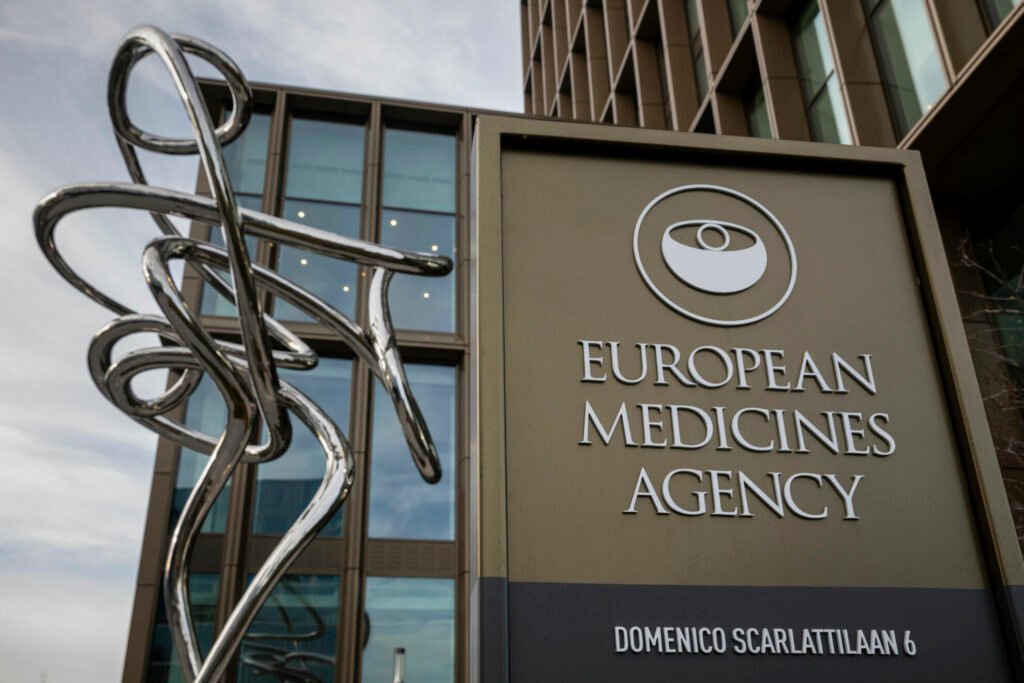The European regulatory body’s February 2025 meeting brings fresh treatment options for immunodeficiency and autoimmunity among other conditions, pointing to an active pipeline in emerging therapies.
The European regulatory body’s February 2025 meeting brings fresh treatment options for immunodeficiency and autoimmunity among other conditions, pointing to an active pipeline in emerging therapies.

The European Medicines Agency’s human medicines committee issued recommendations for approval of four new therapies, adding key options to the region’s clinical toolkit. These proposed authorizations span therapies from immunoglobulin replacement to treatments aimed at immune modulation.
One of the most notable recommendations is for Deqsiga, a human normal immunoglobulin intended to support patients with primary or secondary immunodeficiencies. It also holds promise for certain autoimmune conditions, stepping into a space where tailored immune support is critically needed. Deqsiga represents a refined approach to replenishing antibody levels while also providing nuanced immune regulation.
Alongside Deqsiga, three additional medicines received a nod from the committee, each addressing different therapeutic needs. Although their names were not disclosed, the approvals suggest ongoing momentum in bringing innovative agents closer to patient access.
These recommendations reflect both scientific rigor and evolving patient demands. For those with immune deficiencies, access to updated immunoglobulin therapies offers improved outcomes, especially when newer formulations can reduce infusion issues or offer simpler dosing. At the same time, immune modulation has never been more important, given the growing recognition of autoimmune diseases and the need for precise intervention.
Regulators now move toward final authorization, a process that may conclude in the months ahead, depending on further review and market readiness. If approved, Deqsiga and its peers could offer important alternatives for patients and clinicians alike. The broader message from this EMA meeting is clear – clinical research continues to yield actionable advances that stand to reshape care across a variety of immune-related conditions.
Keep in touch with our news & offers